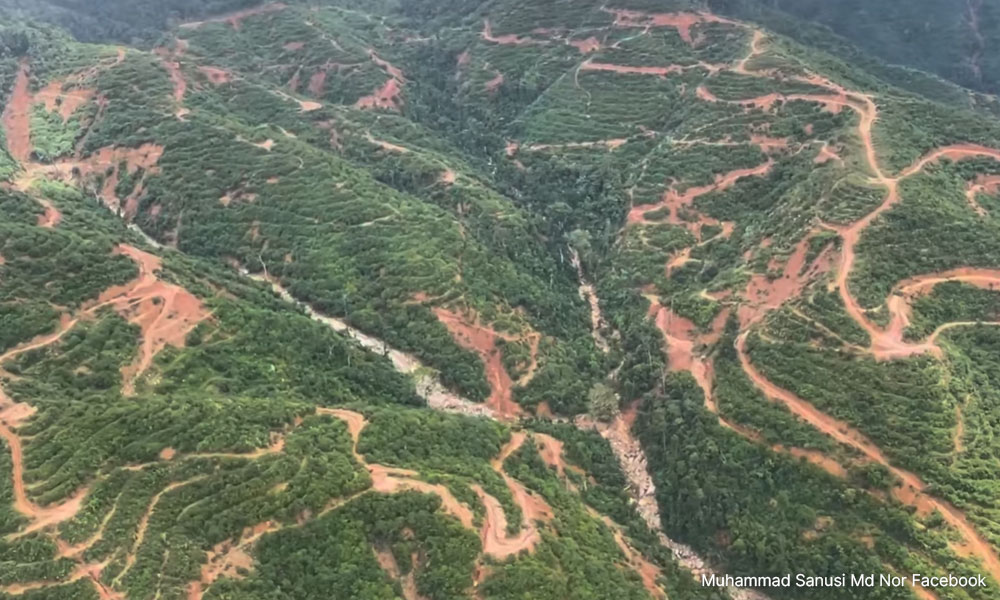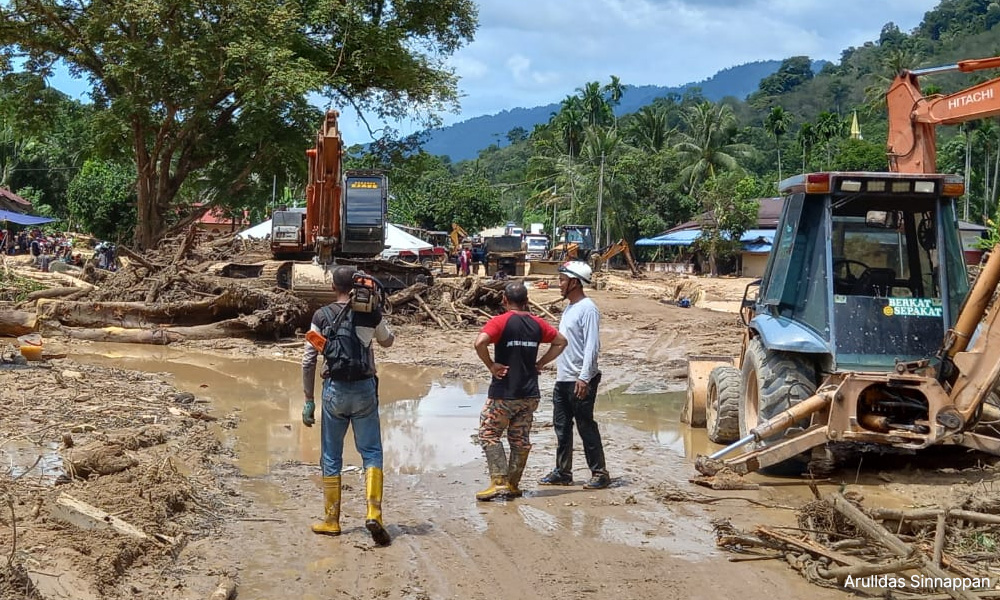The G25 has urged the government to make the environmental impact assessment (EIA) reports by the Environment Department (DOE) publicly accessible for the sake of scrutiny and feedback.
The group today released a statement in response to previous calls by civil society organisations to make EIA reports available.
“For the United Nations Sustainable Development Goals (UN SDG) to be successfully implemented, transparency is essential on the part of governments and corporations.
“Thus, (based) on the EIA reports, we believe they should be made public and not classified under OSA (Official Secrets Act 1972).
“It is important that the public can study them, and if necessary, the interested parties can carry out their own independent reviews to verify the accuracy of the EIA reports,” said the group.
G25 reminded that transparency was crucial, given public criticism received by some projects on the alleged environmental damage to coastal and riverine areas, forest reserves, mangrove swamps, water catchment areas, hill slopes, and protected wild fauna and flora including wildlife sanctuaries.
“Where the projects involve political and business individuals with vested interests and their projects encroach into the protected areas, the public wants to know whether the EIA reports have made a thorough objective analysis of the environmental risks.
“The public is not against development but the government must be transparent for the sake of good governance. Development must not be at the expense of the environment.
“G25, therefore, urges the government to make the EIA reports public so that outside experts and professionals can vouch for their professionalism and credibility,” said G25.

On July 9, the DOE revealed that a controversial mountain-top plantation linked to the recent flood in Baling, Kedah, was not supposed to plant durians.
Instead, the department said that the EIA that was approved in July 2013 was for a rubber tree plantation.
In a statement, DOE director-general Wan Abdul Latiff Wan Jaffar said the approved project was to log a 5,000ha area on the mountain and turn it into a “mono-crop forest plantation” consisting of latex clone (TLC) rubber trees.
TLC rubber trees are grown for timber, with latex as a by-product.
However, Wan Latiff said a notice was issued on March 10 last year to the project developer after it was discovered that they had planted durians instead.
The project and the forest clearing to facilitate it has been blamed for devastating floods that hit Baling on Monday, killing three and displacing over 400 people.
Wan Latiff had stressed that approval for the EIA was given only after a technical review committee found that sufficient pollution control, mitigation, and prevention measures would be put in place.

Suhakam appointments
Additionally, the double-barrelled statement also touched on recent appointments to the human rights commission Suhakam.
G25 claimed that the appointments gave the public the impression that the government intends to introduce political surveillance on the commission and its staff in their work towards promoting and defending human rights.
“Be it known that Suhakam is established to be an independent body, carrying out its functions of promoting and protecting human rights in Malaysia without fear or favour.
“Therefore, we agree with other CSOs that no politician or politically connected person should sit on the commission so that its staff can do their work without being constrained by political or other inappropriate considerations.”
The group also disagreed with a statement made by new Suhakam chairperson Rahmat Mohamad that he would ensure human rights in Malaysia would be according to the local mould and not influenced by Western culture.
G25 objected to this remark, adding that “for human rights, there is no such thing as “local mould” before reiterating Suhakam's mandate from Parliament and that human rights were based on universal values. - Mkini



No comments:
Post a Comment
Note: Only a member of this blog may post a comment.